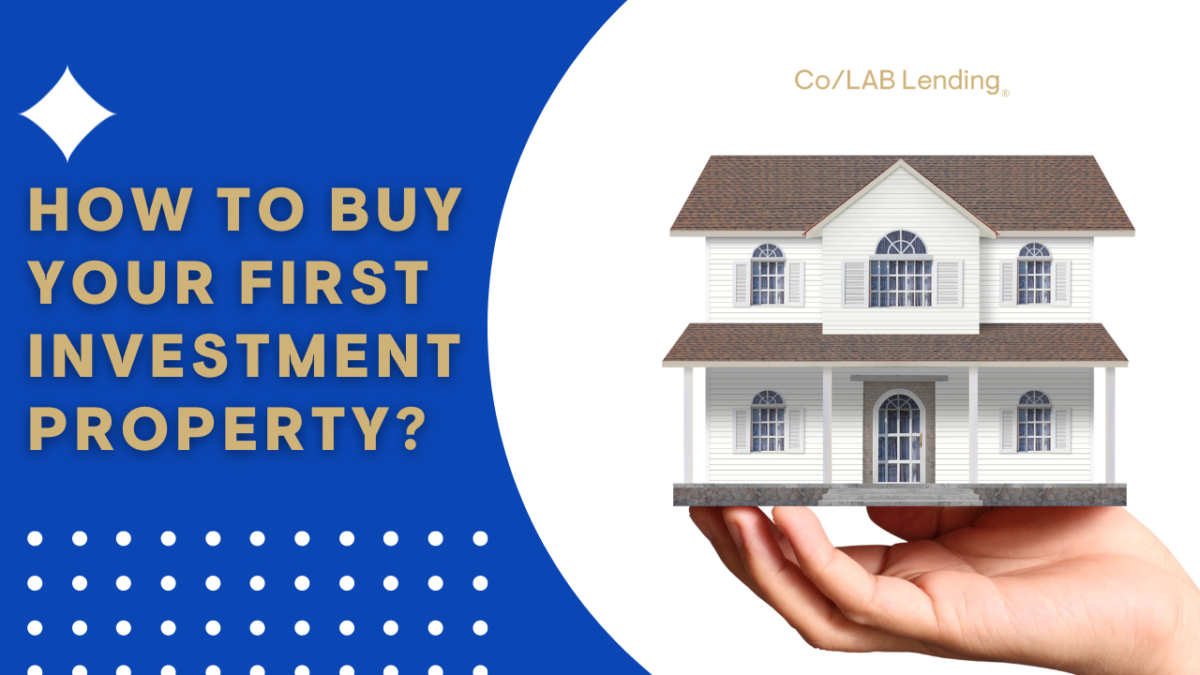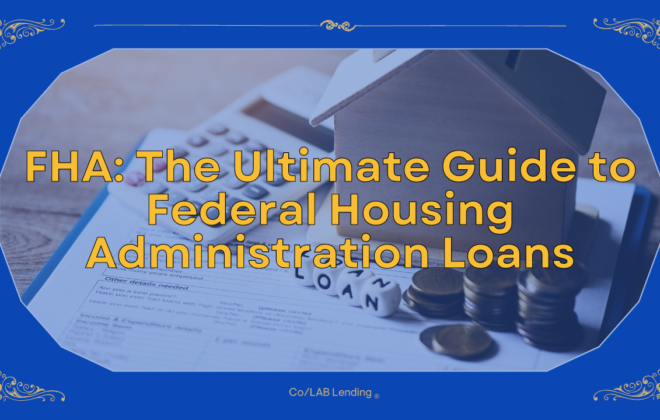A Guide to Buying Your First Investment Property
Understanding Commercial Loans for Investment Property
Having extra income for life’s expected and unexpected purchases is a financial dream for many. For some, achieving that dream may involve taking on another job. For others, they reach this dream through investment property.
Investment property is simply a term for a property you’ve purchased with the intent of recouping the money you’ve spent on it and then turning a profit, either through rental income, a future sale, or both. If you’ve rented a home or stayed in an Airbnb, there’s a good chance you’ve contributed to someone’s investment property dream.
Purchasing an investment property can seem daunting, but with the right knowledge and preparation, it’s easier than you think. The earlier you can start your investment property journey, the easier it is for you. How your journey proceeds will depend on where you are in life. Below are explanations for people who are first-time homebuyers and for people who already own a home.
First-Time Homebuyer
Let’s say you’re a single person or a couple who are not homeowners but would like to buy an investment property. The option that may be best for you is to purchase a property that you can live in yourself. A type of loan that is potentially available to you is a Federal Housing Administration (FHA) loan. These loans are designed for low-to-moderate-income borrowers who may have lower than average credit scores. They require a down payment that is lower than traditional mortgages—sometimes as low as 3.5 percent. Below is an example comparing FHA loans to traditional mortgages:
FHA Loan
Minimum credit score: 500
Down payment: 3.5% with a credit score of 580+ and 10% for a credit score of 500 to 579
Traditional Loan
Minimum credit score: 620
Down payment: 3% to 20%
Another important characteristic of an FHA loan is that it is funded by a lending institution, such as a mortgage company or bank, and the mortgage is insured by the U.S. Department of Housing and Urban Development (HUD). That means if you default on your loan, the FHA will pay a claim to your lender.
FHA loans are intended for a property that serves as the buyer’s primary residence. Therefore, if you intend to live at your investment property, you might qualify for an FHA loan and be able to use it to purchase the property. Keep in mind that while certain FHA requirements might be lower than a traditional mortgage, federal loans do have other strict criteria you need to meet in order to qualify.
While most people might only use an FHA loan once, you are not limited to applying and receiving one only once. Being approved for an additional loan becomes more challenging, but if you work with the right mortgage professional, it’s not impossible.
Established homeowner
If you already own a home, it’s going to take more planning to take the leap into buying an investment property. If you’ve lived in your home for years and have equity built up then you can use that equity to help purchase an investment property. Equity refers to the portion of a home’s current value that you actually possess—essentially what you’ve paid into your home. Say you buy a $200,000 home with a down payment of $40,000 and a mortgage to cover the rest. At that moment in time, the amount of equity in your home is $40,000. Your equity grows as you pay down your mortgage and your home gains value.
There are a couple of ways you can use equity to help finance the purchase of your investment property. First, you can use your equity as collateral and secure a home equity loan or a home equity line of credit.
A home equity loan (also referred to as a second mortgage) usually allows you to borrow a lump sum against your current home equity for a fixed rate over a fixed period of time. Typically, people choose this loan to finance one-time projects such as a renovation or to cover another high-cost expenditure. On the other hand, a home equity line of credit allows you to borrow a set amount of money over a defined period of time instead of receiving one lump sum. These credit lines usually have an adjustable interest rate.
Another option is to seek cash-out refinancing. A cash-out refinance replaces your existing mortgage with a new home loan for more than you owe on your house. The difference goes to you in cash. Let’s go back to the $200,000 home example and say your mortgage balance is $100,000. You can refinance your $100,000 loan balance for $150,000, and receive $50,000 in cash at closing. Typically, people might use this money to renovate their existing home but as an investment property seeker, you can use it for a down payment on another property. There are other ways to secure funds for an investment property, but using your home equity is one of the easiest.
If you’re ready to take the leap into owning investment property, be sure to do your research and find the right mortgage professional to ensure your journey is as smooth as possible.
Mortgage Consultation Today!
Related Posts
Categories
- Credit (4)
- FHA Loans (3)
- Finances (3)
- First Time Home Buyers (6)
- Grab Bag (7)
- Home Technology (1)
- Homebuying Tips (17)
- Inspiration (1)
- Insurance (3)
- Interest Rates (3)
- Loan Process (1)
- Mortgage Financing (14)
- Motivation (1)
- News (1)
- Press Release (8)
- Renovation (2)
- Self Employed (1)
- Tips & tricks (1)
- Uncategorized (134)
- USDA Loans (1)
- VA Loans (2)




